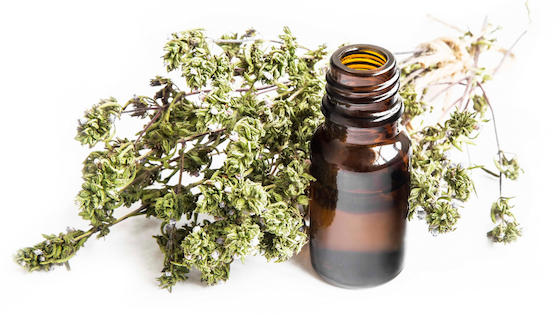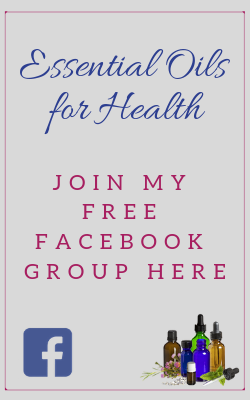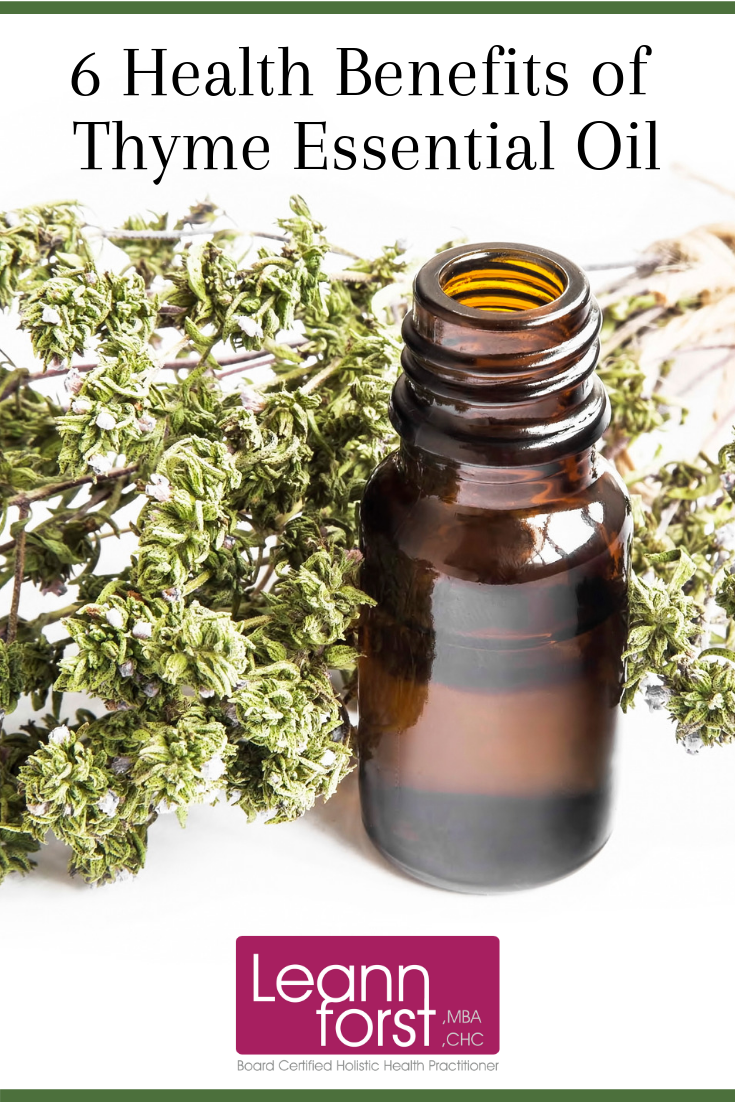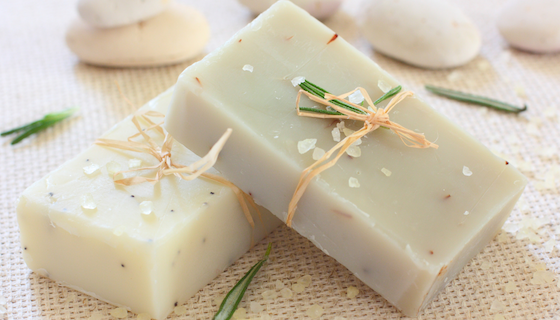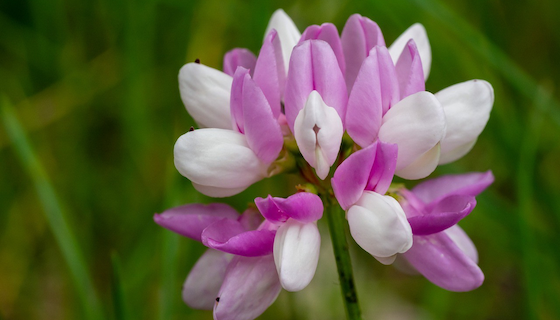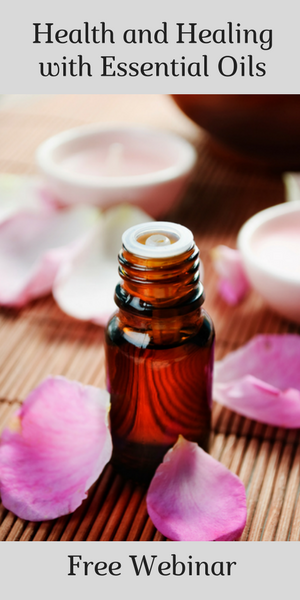What is Thyme Essential Oil & How Can You Use it for Your Health?
Thyme essential oil is extracted from the leaf of a perennial herb called Thymus vulgaris. You’re likely familiar with the spice used in your favorite recipe, but thyme essential oil is used for a variety of health reasons.
In fact, the ancient Greeks, Egyptians and Romans used thyme as a tea, tincture, syrup, and essential oil. It was found to be helpful for digestive issues, respiratory problems, muscle and joint discomfort, and the prevention and treatment of infections.
The same rings true today.
During the winter months, thyme essential oil is one of my secret weapons. I use it in blends and in a diffuser to keep my family free of illness. It’s one of my favorites because it’s such a strong antioxidant.
Health benefits of thyme essential oil
Just as it was in ancient times, thyme essential oil supports the immune, respiratory, digestive, and nervous systems. It has antibacterial, antiviral, antispasmodic, anti-rheumatic, expectorant, hypertensive and calming properties.
Thyme is a great “source of vitamins C, A, B2, B6, and B9. It also contains the minerals iron, copper, calcium, manganese, phosphorus, potassium, and zinc” (source).
Thyme essential oil can be used topically, aromatically and internally.
Here are some other health benefits:
Fight infections
Medieval herbalists used thyme to treat wounds to avoid infection. Thyme contains 20%-54% thymol, which gives it antiseptic properties. You can use it for minor cuts, scrapes, bites and burns. It’s also known to help reduce the appearance of scars.
To use: Mix 1-2 drops thyme oil with a carrier oil (I prefer fractionated coconut oil) and apply directly to affected area. You can also add a few drops of thyme to a bath for a rash or skin condition.
Antiviral support
Research shows that because thyme contains multiple antiviral constituents, it’s a great option for inhibiting viruses (source). It’s also great for boosting your immune system and fighting harmful pathogens.
To use: Not feeling well? Place 1-2 drops under the tongue or take in a vegetable capsule. You can also use as flavoring while cooking meats, vegetables, soups and stews. Want a recipe? Try this basil marinated roasted red pepper and manchego sandwich recipe.
Improve circulation and blood pressure
Thyme is able to relax the arteries and veins, so it improves circulation and blood pressure. It’s also considered a tonic that strengthens cardiac muscles and reduces stress on the heart.
To use: Try this blood circulation blend – 1 oz carrier oil, 5 drops thyme, 3 drops rosemary, and 5 drops basil.
Relieve anxiety
Thyme essential oil can stimulate and relax the mind, and the scent is refreshing and invigorating. It’s also a mental stimulant, which can help improve focus.
To use: Diffuse 1 drop thyme, 2 drops eucalyptus, 3 drops lime in your favorite diffuser.
Squelch inflammation
“Researchers have found that six essential oils — from thyme, clove, rose, eucalyptus, fennel and bergamot — can suppress the inflammatory COX-2 enzyme” (source).
To use: Mix 1 drop thyme essential oil and 4 drops of carrier oil. Apply topically to areas of concern.
Balance hormone support
One study found, after testing herbs for progesterone production that inhibit the growth of human breast cancer cells, that thyme oil is one of the top (source). Low progesterone levels are associated with infertility and polycystic ovary syndrome (PCOS).
To use: Diffuse thyme to relieve symptoms of menopause, such as mood swings, hot flashes, or insomnia.

Disclosure: this post contains affiliate links.
 Login
Login